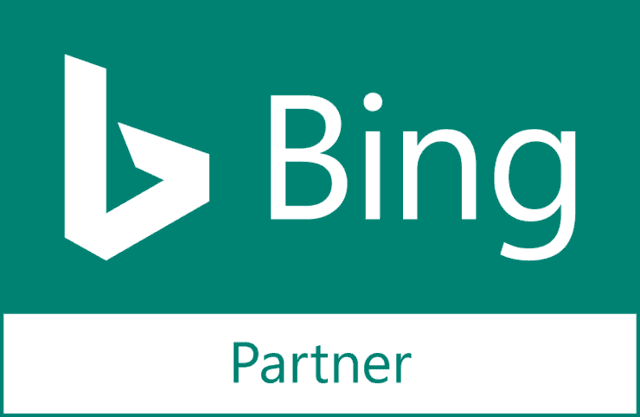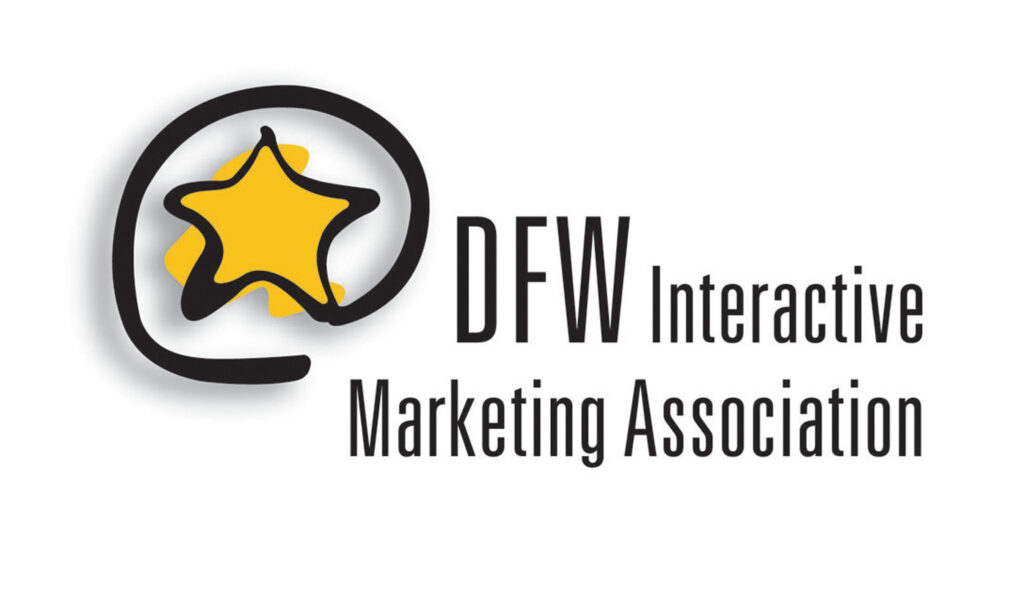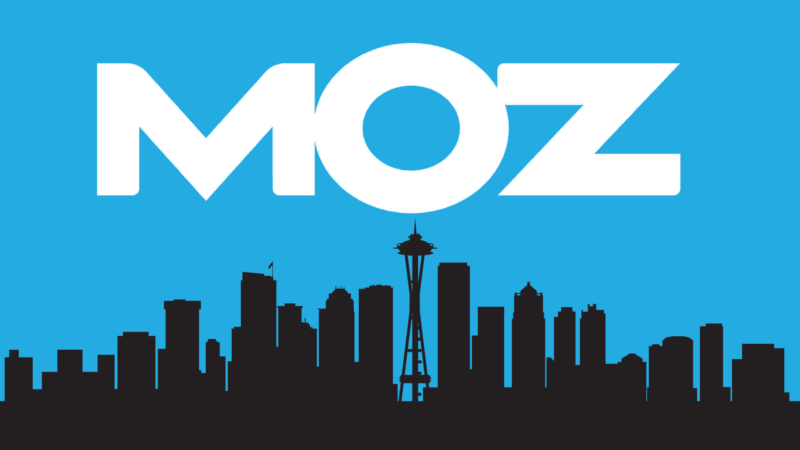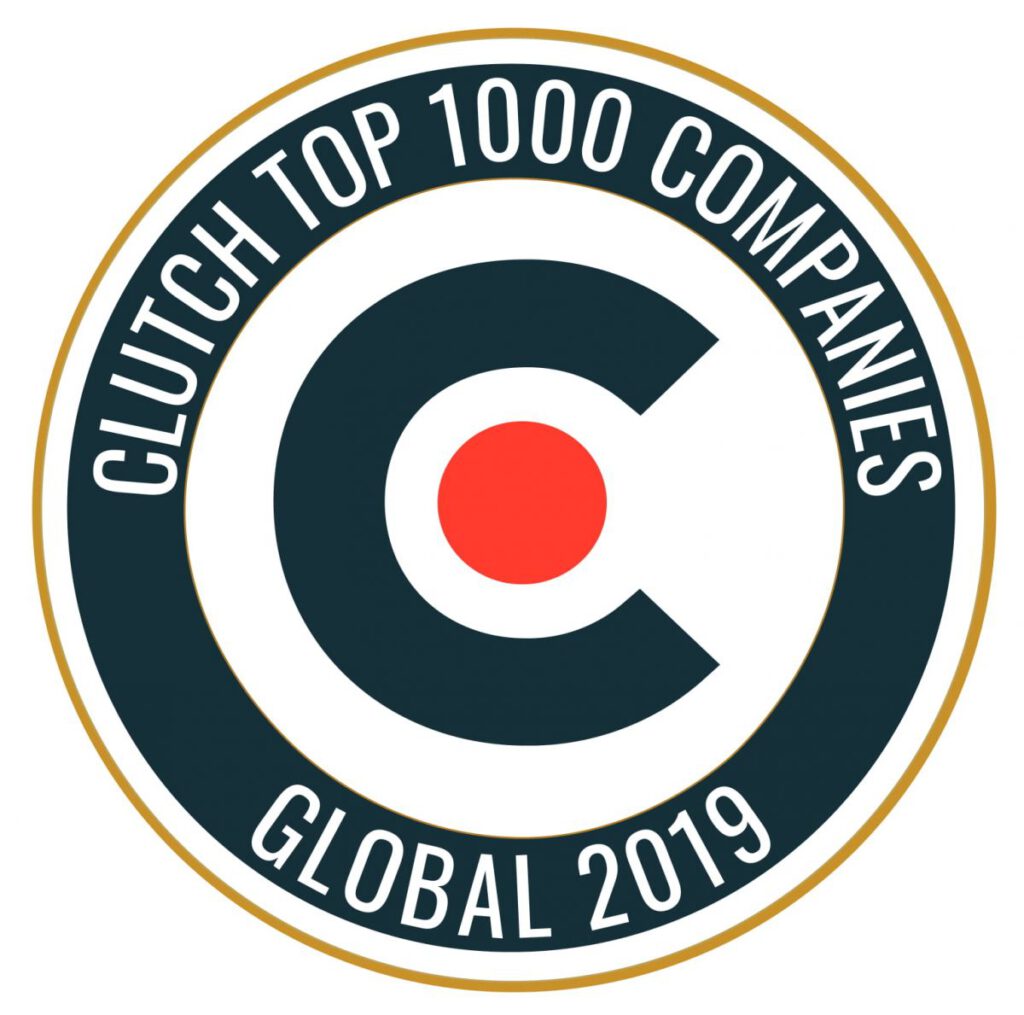 There was quite a bit of digital marketing news during the week of February 14, 2022, including another Google lawsuit, a software vulnerability, a new website platform from Microsoft, and more …
There was quite a bit of digital marketing news during the week of February 14, 2022, including another Google lawsuit, a software vulnerability, a new website platform from Microsoft, and more …
Google’s John Mueller answered a question posed to him on Twitter about whether the quantity of website content brings in more traffic. His flat answer: “No, more content definitely does not mean more traffic.” This hearkens back to a comment by digital marketing thought leader Mark Traphagen back in 2019:
[Content marketing] is seeing a certain amount of pushback in the industry now. People are saying, ‘It’s become a cliche,’ or ‘people overemphasize it.’ I sincerely believe that the problem isn’t overemphasizing it — the problem is most companies don’t have a really well-defined data-based strategy for making content effective for their goals.
Rather than “throw a bunch of content to the wall and see what sticks,” it’s much more effective and efficient to use a data-driven and human-centered strategy to create content that will earn attention in search from real people.
A severe vulnerability was found in Magento Open Source and Adobe Commerce platforms. These announcements come quite often and, once again, allow us to remind everyone to keep their software updated.
In his latest Search Engine Journal column, Tony Wright shares four excellent – and simple – UX changes that will increase conversions. We recommend these four conversion elements to our clients, and we can certainly help you implement them on your website.
Part of Google’s efforts to speed up web page downloads and improve user experiences was the introduction of Accelerated Mobile Pages (AMP). Adoption of AMP was low despite its advantages, especially for news-oriented websites. A new effort in this area is Web Stories, similar to AMP but with significant differences. The bottom line is that if you want to compete, you need to make your website fast!
Microsoft is the latest to offer a free website builder. The “Smart Pages” product is now out of private beta and provides nice features, including integrations with other Microsoft products. A word of caution: Free website builders can be great for quickly getting a website up and running, but they often have some serious limitations that prevent them from performing well in search.
A lawsuit against Google by Edible Arrangments ended in a victory for the search giant. Edible Arrangements accused Google of theft, conversion, and racketeering in the suit. This is not the first time Edible Arrangements took on Google in court. The first time was in 2018 when they sued Google for trademark infringement. The bottom line is that competitors can buy your branded terms in paid search, and it is a common practice that goes back to the beginnings of paid search and has been upheld as legal in several court cases. This is why we recommend that a comprehensive paid search strategy should always have at least a consideration of buying branded terms. A paid branded campaign can apply especially if your brand contains generically-used terms, common names, or your brand is a commonly-referred-to product like “Kleenex” is often used generically for “tissue.” Sometimes, it’s necessary to buy your own branded terms to protect the brand. Be sure that your ads appear above competitor ones for maximum effectiveness if you do so.






